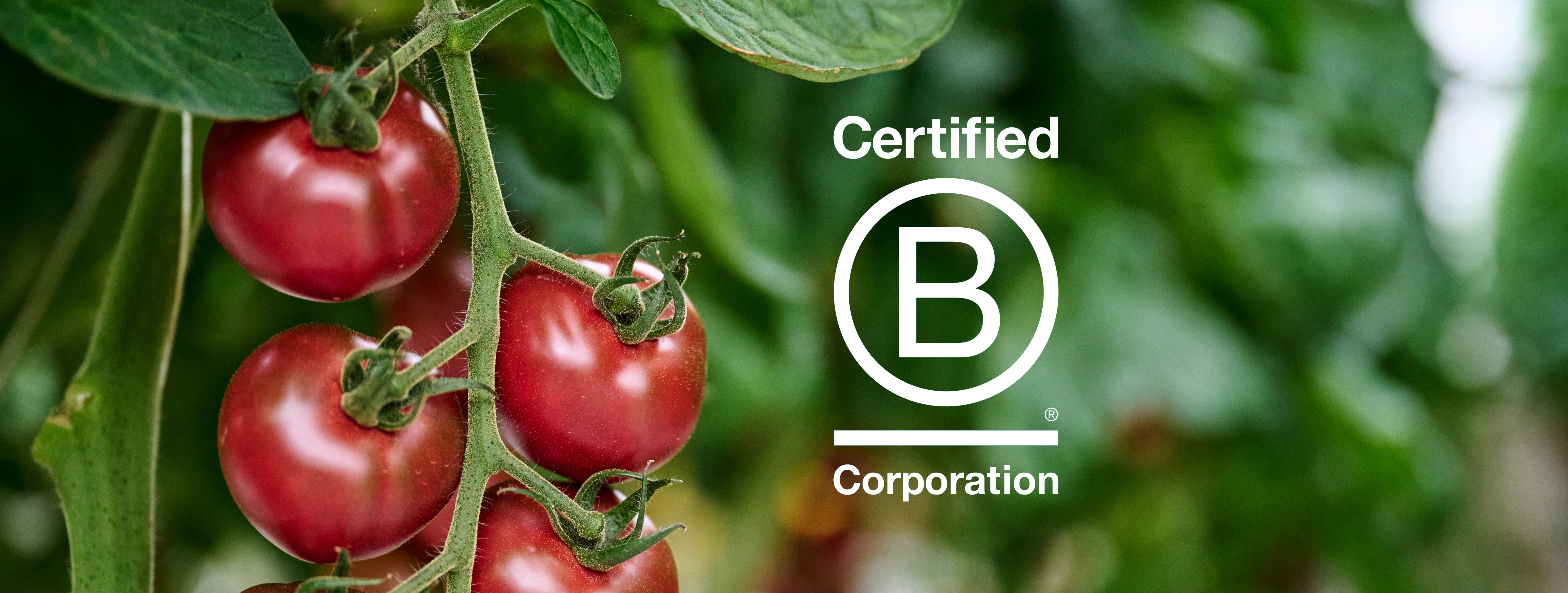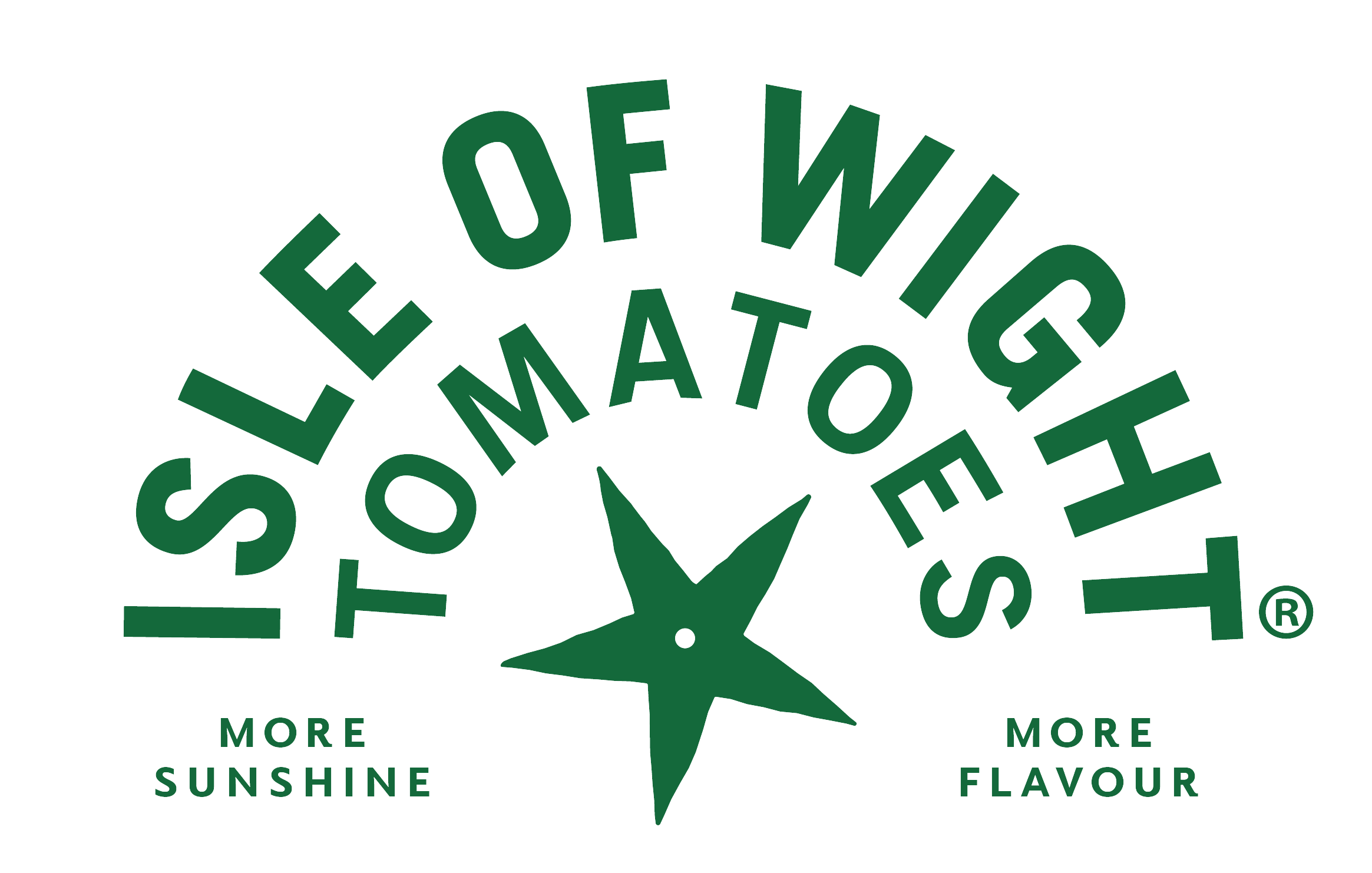

The Tomato Stall (T/A Isle of Wight Tomatoes)

Isle of Wight, United Kingdom
July 2024
Growing perennial crops
Agriculture/Growers
United Kingdom
For over 15 years, Isle of Wight Tomatoes have been growing tomatoes in the rich fertile soil of the Arreton Valley on the glorious Isle of Wight. Combining age-old traditions with modern-day innovation they are passionate about growing tomatoes that taste the way they should. They believe in sustainable flavour, growing delicious produce and crafting exceptional products that are better for people and planet. Since day one, they have always been about creating the best possible products but doing this in the right way. Always being mindful of their impact on the environment and reducing waste of any kind. Due the nature of what they do, there will always be tomatoes that are perhaps too large, too small, or too juicy for the journey. But all the flavour they need to create incredible products are right there at the nursery. Thanks to the moist maritime air and more hours of sunshine than anywhere else in the UK, their home on the Isle of Wight is the ideal spot for growing the tastiest tomatoes.
Overall B Impact Score
Governance 11.4
Governance evaluates a company's overall mission, engagement around its social/environmental impact, ethics, and transparency. This section also evaluates the ability of a company to protect their mission and formally consider stakeholders in decision making through their corporate structure (e.g. benefit corporation) or corporate governing documents.
What is this? A company with an Impact Business Model is intentionally designed to create a specific positive outcome for one of its stakeholders - such as workers, community, environment, or customers.
Workers 21.2
Workers evaluates a company’s contributions to its employees’ financial security, health & safety, wellness, career development, and engagement & satisfaction. In addition, this section recognizes business models designed to benefit workers, such as companies that are at least 40% owned by non-executive employees and those that have workforce development programs to support individuals with barriers to employment.
Community 15.5
Community evaluates a company’s engagement with and impact on the communities in which it operates, hires from, and sources from. Topics include diversity, equity & inclusion, economic impact, civic engagement, charitable giving, and supply chain management. In addition, this section recognizes business models that are designed to address specific community-oriented problems, such as poverty alleviation through fair trade sourcing or distribution via microenterprises, producer cooperative models, locally focused economic development, and formal charitable giving commitments.
Environment 39.0
Environment evaluates a company’s overall environmental management practices as well as its impact on the air, climate, water, land, and biodiversity. This includes the direct impact of a company’s operations and, when applicable its supply chain and distribution channels. This section also recognizes companies with environmentally innovative production processes and those that sell products or services that have a positive environmental impact. Some examples might include products and services that create renewable energy, reduce consumption or waste, conserve land or wildlife, provide less toxic alternatives to the market, or educate people about environmental problems.
What is this? A company with an Impact Business Model is intentionally designed to create a specific positive outcome for one of its stakeholders - such as workers, community, environment, or customers.
Customers 4.3
Customers evaluates a company’s stewardship of its customers through the quality of its products and services, ethical marketing, data privacy and security, and feedback channels. In addition, this section recognizes products or services that are designed to address a particular social problem for or through its customers, such as health or educational products, arts & media products, serving underserved customers/clients, and services that improve the social impact of other businesses or organizations.